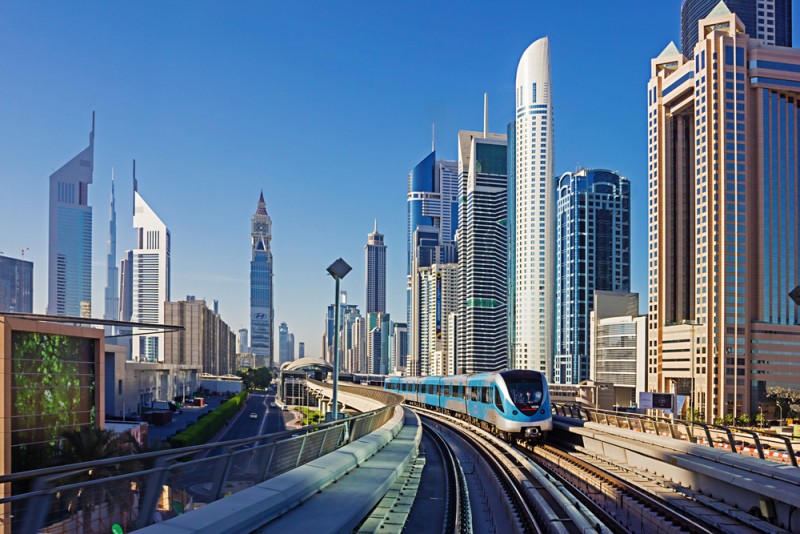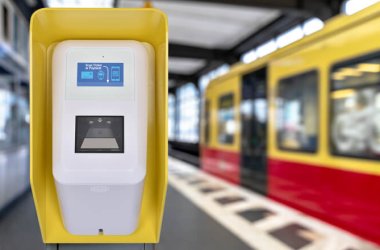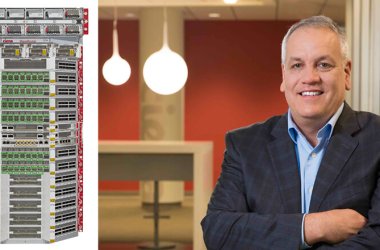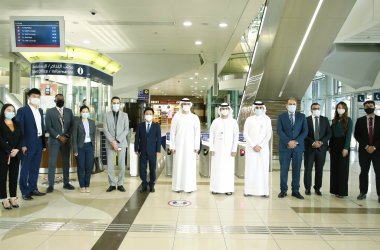Dubai Future Foundation (DFF) in collaboration with the Dubai Future Council for Transportation, has launched a report spotlighting the future of the transportation sector, according to a report by WAM.

The report highlighted the need to invest in autonomous driving, advanced transport infrastructure, and strengthening cargo delivery through leveraging cutting-edge technology and innovation.
It also underscored the importance of enhancing the human reliance on big data analytics to track passenger travel patterns, and develop policies and laws related to transportation services management systems.
Mattar Al Tayer, Director General and Chairman of the Board of Executive Directors of the Roads and Transport Authority, RTA, and Chairman of Dubai Future Council for Transportation, said, ‘‘In tackling the coronavirus crisis, RTA adopted global practices to ensure a safe and secure environment for all. RTA’s focus was based on three pillars: disinfection, protection of users and employees, and physical distancing.”
He noted that the RTA has succeeded in maintaining the continuity of customer services, thanks to the transformation of all services into smart services deliverable via online channels 24/7 hours.
“It also ensured the continuity of business in strategic projects according to the approved time schedules, thanks to a strict project management policy highly responsive to potential risks and challenges’,” he said.
According to Al Tayer, the fallouts of COVID-19 have impacted several sectors. In the field of public transport, studies point out to an increase in the number of journeys via flexible mobility means and autonomous vehicles. “Based on these initial deliverable findings, RTA is shaping its futuristic policies and updating scenarios to cope with the current situation. It also assesses the performance of various customer services to ensure they are streamlined, more responsive and quickly deliverables via digital means,” he said.
For his part, Khalfan Belhoul, CEO of Dubai Future Foundation, noted that with transportation considered a key sector with implications for the future, the Foundation consistently works with its partners from government and private organisations, research centres and international and emerging companies in the country and the world at large to anticipate the major changes taking place in this space. He noted that COVID-19 had highlighted the need to accelerate the adoption of modern technology, such as autonomous vehicles, artificial intelligence, and big data analytics to find more effective and efficient solutions in the transportation sector.
Belhoul said, “Autonomous vehicles are a significant area of interest at Dubai Future Labs that was inaugurated by His Highness Sheikh Mohammed bin Rashid Al Maktoum, Vice President and Prime Minister of the UAE and Ruler of Dubai. All research ideas and practical tests undertaken at the lab are being assessed and their feasibility studied ahead of implementing them to strengthen the prevailing transport infrastructure. Dubai Future Labs is set to partner with the government and private sectors in developing future projects that improve the performance of the transportation sector in Dubai, the wider region and the world beyond.”
In Dubai, Dubai Metro and Dubai Tram returned to regular operating hours following the completion of the National Disinfection Programme on June 25, 2020. Marine transport operations have been suspended temporarily to further allow conditions to normalise. In other countries, such as Morocco, France and the USA, the authorities reduced the number of passengers allowed on public transport and made wearing masks while commuting mandatory.
The report emphasised that COVID-19 has presented new opportunities to reimagine familiar economic activities. It notes that the current reduction in transportation demand could also serve as an opportunity to introduce and pilot projects that in normal circumstances would disturb the traffic flow, such as self-driving vehicles.
The report showcased an example from Dubai’s RTA that recently partnered with Dubai-based e-commerce companies to deliver orders to customers using Dubai Taxi vehicles and franchised taxis, thereby reskilling labor to match high demand jobs.
It also recommended the use of drones and robots to minimise the number of human operators, thereby reducing logistics and transportation costs. In addition, it suggests that reusing parking lots for other activities, in coordination with health or social services, is a good solution. Also, this scenario provides the opportunity to promote soft mobility modes of transport such as bicycles and scooters, because people are now more willing to avoid the congestion of subway cars, buses and public transportation.





